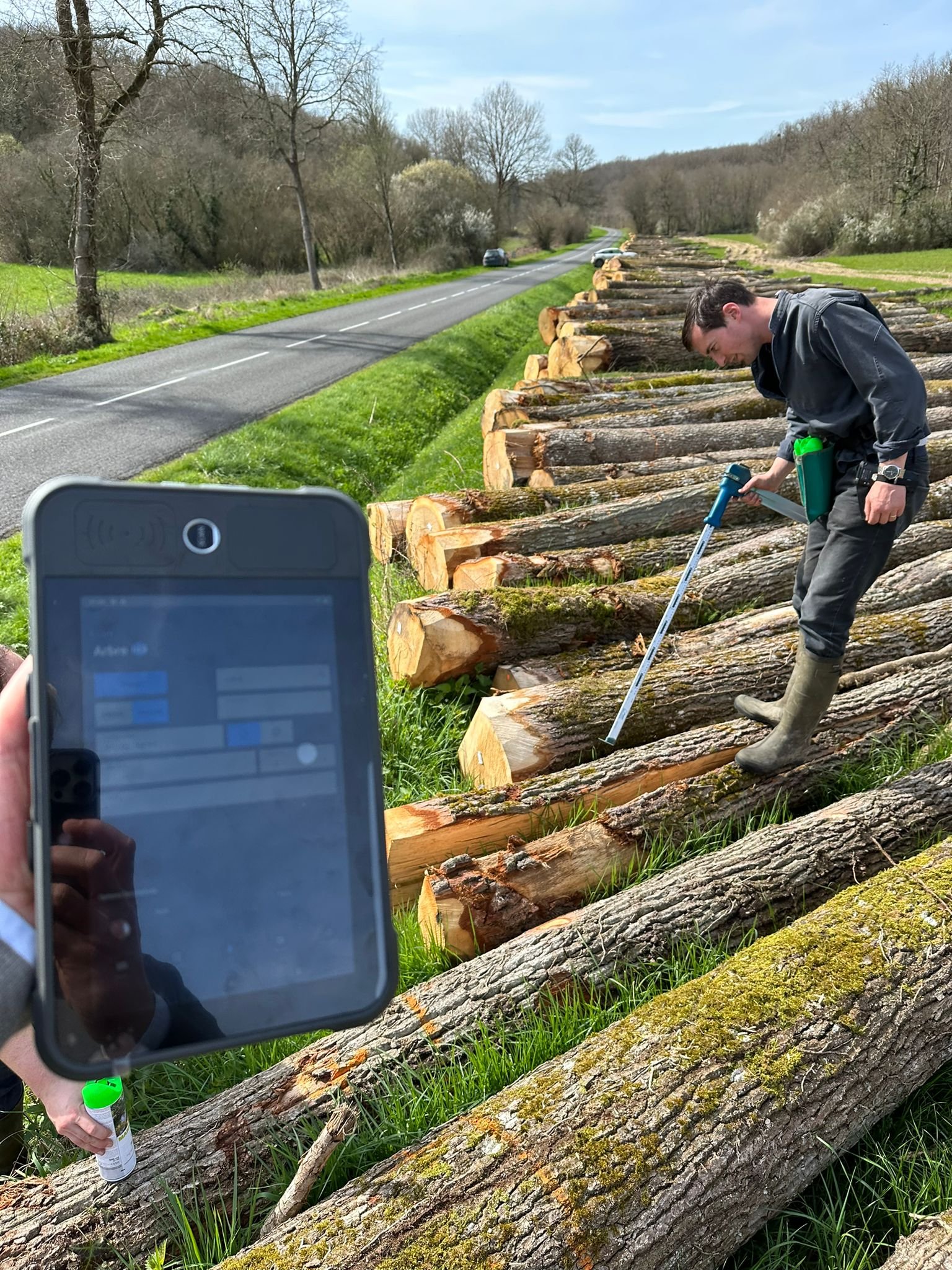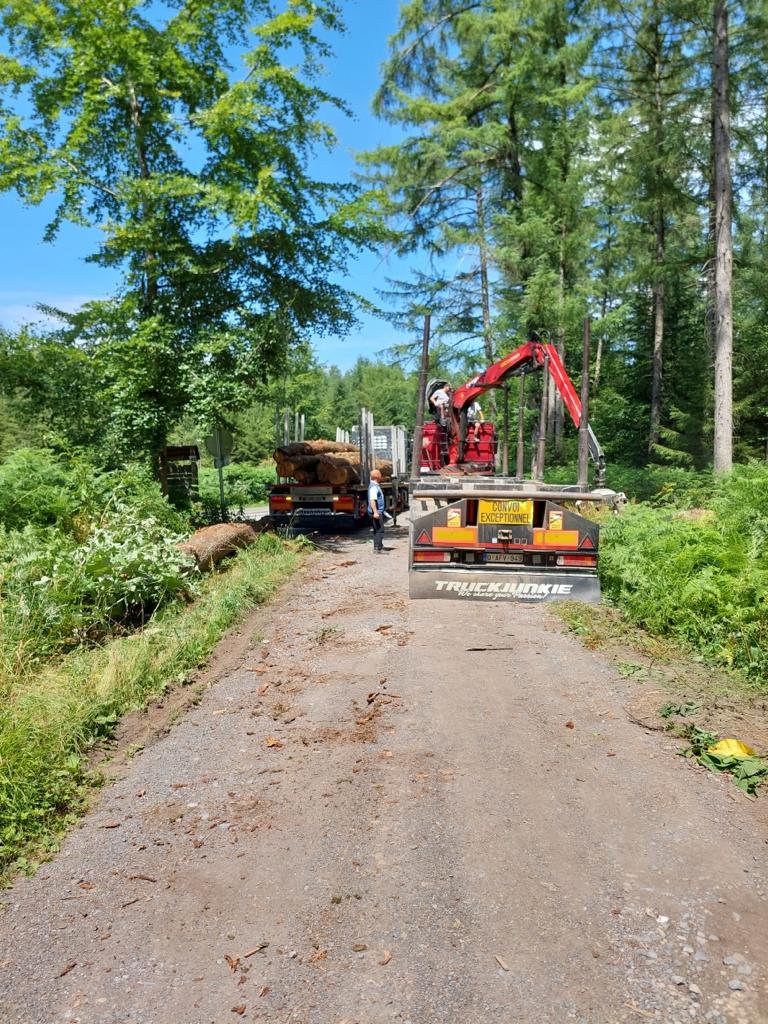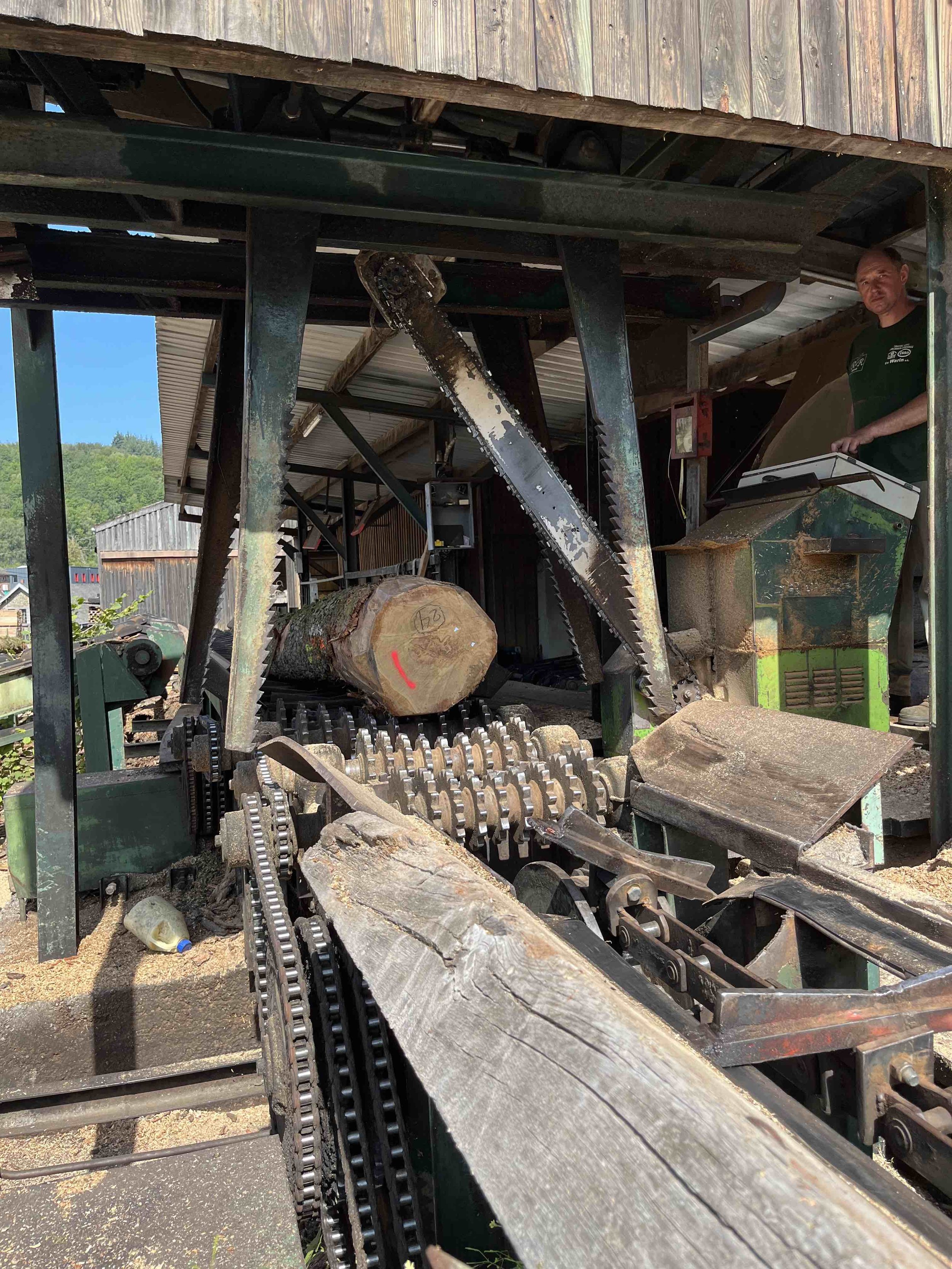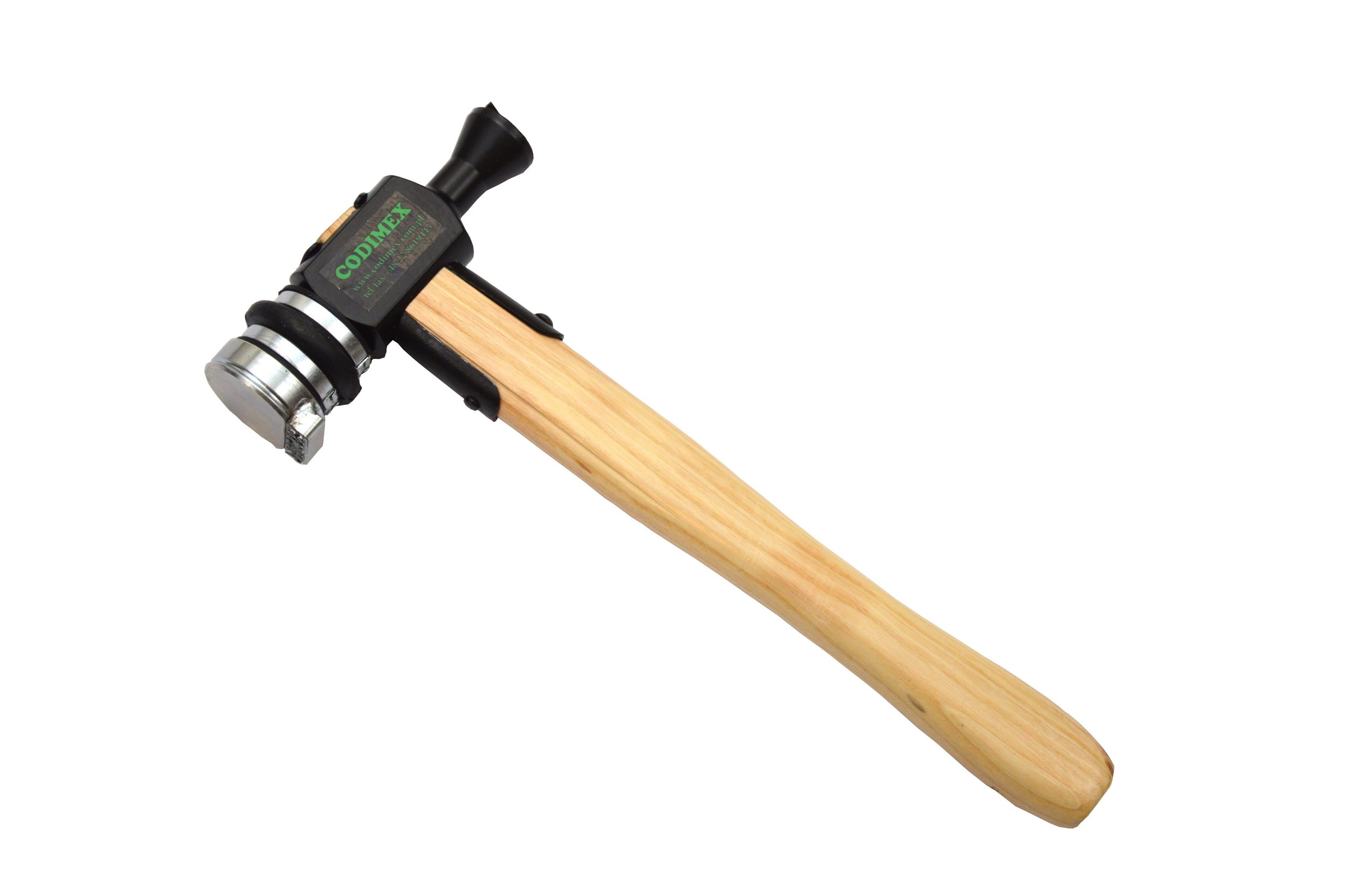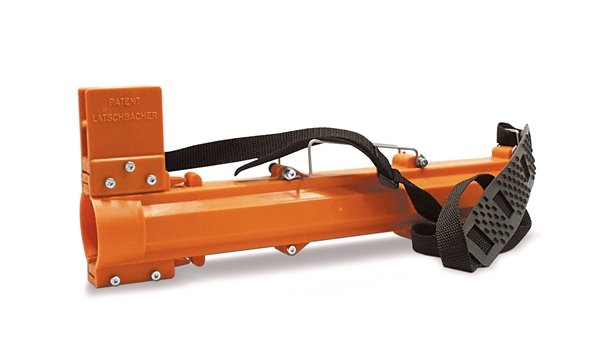EUDR Traceability
The opportunity to optimise your company
29th June 2023 : EU regulation
on deforestation-free products
What is EUDR
General principles:
The new regulation on non-deforestation, often referred to as the EUDR (European Union Deforestation Regulation), imposes a number of requirements on companies that place products on the European market that are likely to contribute to deforestation. It applies without discrimination to operators both inside and outside the European Union. Here are the main expectations of this regulation:
Ban on products linked to deforestation: The regulation aims to prohibit the entry onto the EU market of products that may have contributed to deforestation, such as beef, soya, palm oil, cocoa, coffee, rubber, wood and its derivatives.
Geographical traceability of supplies: Companies must prove that the products they offer do not come from recently deforested land. This includes strict conditions concerning the documentation and transparency of supply chains by demonstrating the geographical origin by cadastral parcel.
Risk studies : Companies will have to carry out assessments of the level of deforestation risk in the areas where the timber is sourced. Depending on the level, mitigation measures must be included with the lots put up for sale. The aim is to ensure that their activities do not harm biodiversity or contribute to deforestation.
Compliance with Legal Standards: Products marketed must comply with the land-use laws of the country of origin. This means demonstrating respect for property rights and local environmental regulations.
Sanctions and Controls: Control mechanisms and sanctions will be put in place to ensure compliance. Companies that fail to comply could face substantial fines and restrictions on access to the EU market. Belgium and France are setting up units dedicated to remote checks, followed by on-site inspections. Demonstrating that the operator has a system enabling it to manage the monitoring of these regulations is one of the indicators they will look for.
Voluntary commitments: In addition to the legal requirements, the regulation encourages companies to adopt proactive sustainable practices and engage in reforestation and ecosystem protection initiatives.
This regulatory framework aims to combat global deforestation by making supply chains more sustainable and responsible. It was due to come into force on 30 December 2024, but a vote in the European Parliament on 14th November 2024 postponed the application by 12 months.
At Timbtrack we have innovated with a multi-faceted process
A traceability model that connects operators, installed at several customer sites, and improves logistics while meeting the new imperatives of regulation and sustainable management.
Inventory and selection
Once the tree is selected it can be equiped with an RFID Tag and the GPS records its localisation.
General principle of traceability:
The use of a system of RFID (Radio Frequency Identification) forestry tags combined with GPS systems on field tablets considerably improves the traceability and management of log stocks.
These small electronic devices, which have been able to be attached to logs since 2024, each have a unique identifier, making it possible to link information on the origin of the wood, its journey through the supply chain, as well as data on ecological certifications and sustainability standards.
When a wood product is fitted with an RFID tag, it can be easily scanned at each stage of its journey, such as felling, logging, transport, storage and processing. This enables the wood to be tracked from the forest to the point of sale, guaranteeing that it comes from legal sources and complies with the RDUE.
Road side & Loading
The quick scan allows to follow the change of status and the GPS is taken again.
A development in collaboration with partners in the field:
The ‘Timbtrack’ RFID tags were developed by our company in collaboration with Axem Technology, French RFID experts, as well as with the support of several sawmills, which enabled us to bring the field's perspective to bear and also to test the solution.
The major obstacles were to combine a system
one that does little or nothing to change the habits of the industry,
that respects all the conditions of use along the route,
that could simultaneously optimise the management of forest resources,
improve the efficiency of stock management for processors,
and which can continue its path of traceability through processing.
In addition to the built-in RFID system, numbers and barcodes can be used in parallel for internal management.
The RFID tag (& bare code)
This is a conventional forestry tag with an embedded RFID circuit that is resistant to temperature variations, weather (IP65), shock and time. It is read by a variety of tablets equipped with UHF readers, and the information is fed back into the native ‘Timbtrack’ application, then onto the platform's dashboard.
Final product
A following up of the sawn product in the sawmill can be installed to link the original information to the finished product and its pallet label.
The aim of this system, while meeting the needs of the EUDR, is to visualise the various logistical stages from forest to sawmill and to centralise all the information relating to the traceability of geolocated timber on the management platform.
Sawmill stock
The arriving in stock can be made with RFID gates automatising the update or manually with a scan.
Transformation
The antenna is placed at the processing stage to generate a stock out event while sending the ID of the original log to the finished product.
Analysis and archiving of RDUE data
Drawing on our IT experience, we provide the Timbtrack web platform to create the necessary links with the various systems and transfer information between operators.
The first step is to record the trees put up for sale with the native application that geolocates them. The next step is to identify which trees are for sale:
The system identifies which cadastral parcels the lots come from.
A link is then made to an API for carrying out risk analysis of the places of origin and non-deforestation analysis by satellite.
The various documents proving sustainable management at the place of exploitation are deposited on the platform.
This information is sent to the European Commission's RDUE system database, where it is assigned a unique number for the sale of the batch in question. The lot can then be transferred between purchasing operators with all the information.
The data is automatically archived once the batch has received its unique EU code. Geographical traceability, its route and conformity can be demonstrated in the event of an inspection simply by clicking on the archived batch.
Material needed
Automatic detection portal
Long-range antennae can be used to link tag reading to an automatic event. In the traceability system, the sawyer places an antenna at the point where the log is processed in order to detect when it leaves the stock.
It is possible to install a log entry gantry on site, which scans all the logs loaded onto a lorry.
Forestry tags
Forestry labels equipped with RFID technology but also name, bare code and/or number.
The way in which they are affixed to the logs does not change habits.
They are produced by a French company with expertise in the creation of radio frequency chips for all types of circumstances. The security provided by this European partner in data processing and chip production makes it an ideal partner for traceability.
Android tablet with UHF reader (RFID)
Juniper Systems' Cedar Android tablet offers an upgrade in durability and performance when a consumer tablet just won't cut it. Designed for all-day use in any environment, the CT8X2 offers impressive processing power running on an Androi™ operating system.
The CT8X2 offers accurate GPS positioning for location-based data collection. While consumer tablets produce accuracy of 3 to 10 metres, the CT8X2 achieves accuracy of 1 metre in open terrain and 5 metres in dense forest.
Timbtrack and internet
The Timbtrack platform with an internet connection of course.
Note that we can adapt the data returns according to the requests of people who wish to create APIs to other systems.
We develop our platform regularly to provide the latest updates and improve the systems as a whole.
They trust us
-

Scidus
Belgium
-

Scierie Noel
France
-

Leplang
Belgium
For a demonstration, a question or a quote,
Contact us
BENELUX
Phone number
+32 (0)473 78 42 24
jb.janssens@timbtrack.com
FRANCE
Phone number
+33 6 72 35 45 48
Loic.plauchegillon@timbtrack.com



